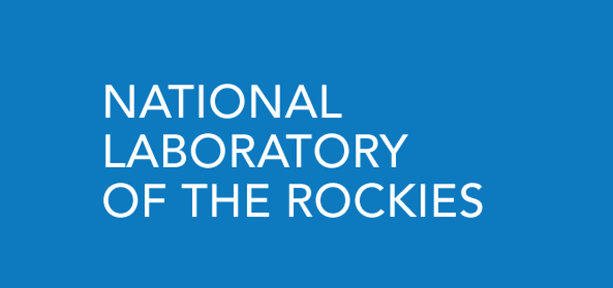Bioenergy Sustainability Tradeoffs Assessment Resource Tool (BioSTAR)

Abstract:
BioSTAR is designed to engage stakeholders in the sustainability assessment process by incorporating datasets, methods, and lessons learned from three ORNL case studies and user-contributed projects into a web-based decision tool that can quantify the costs and benefits of integrating cellulosic biomass production into US landscapes. BioSTAR walks users through the evaluation of a suite of environmental and socioeconomic indicators that can be tailored to local conditions and stakeholder priorities. Progress toward individual sustainability indicator targets and potential tradeoffs between sustainability indicators can be then be visualized across a set of feedstock production scenarios evaluated at the scale of the
biomass supply shed.
Model/Tool Platform:
Custom-built web application
General Modeling Type:
Hybrid / other: Geospatial Aggregation and Visualization
Primary analytical purpose:
Environmental:
Analysis of the environmental effects of bioenergy and bioproduct technologies or feedstocks.
Secondary analytical purpose:
Socio-economic:
Analysis of the economic or social effects of bioenergy and bioproduct technologies or feedstocks.
Metric categories:
- Environmental:
- Air Quality (non-GHG emissions)
- Biodiversity
- Environmental Productivity (feedstock-related, e.g., NPP or yield)
- GHG Emissions
- Soil Quality
- Water Impacts (quality and/or quantity)
- Socio-economic:
- Employment
- Energy Security
- Process Productivity (conversion-related, e.g., yield)
- Techno-economic Impact
- Trade
- Other Socio-economic (e.g., GDP impact, Investment/NPV)
Geospatial resolution:
Regional/Watershed
Temporal resolution:
Years
Laboratory:
ORNL - Oak Ridge National Laboratory
Principal investigators:
Hilliard Michael, Esther Parish
Model start year:
2015
Model last updated:
2020
Development status:
In Development
Level of validation/review:
External Peer Review
Links:
Model scope:
Biomass Supply
Feedstock Logistics
Conversion
Distribution
End Use
- Feedstock Types
- Agricultural Residues
- Herbaceous Energy Crops
- Forest Residues
- Forest Resources
- Woody Energy Crops
1
2
3
4
Analytical Purpose
Supply Chain Elements
Biomass Supply
Feedstock Logistics
Conversion
Distribution
End Use
Information last updated: Sep. 17, 2019 13:45:46 EDT
